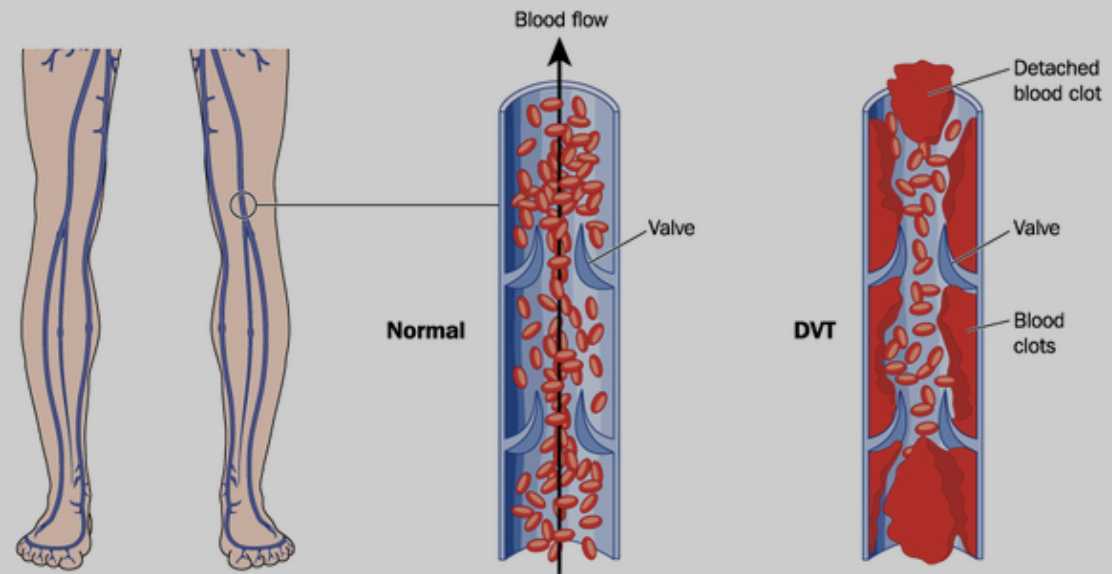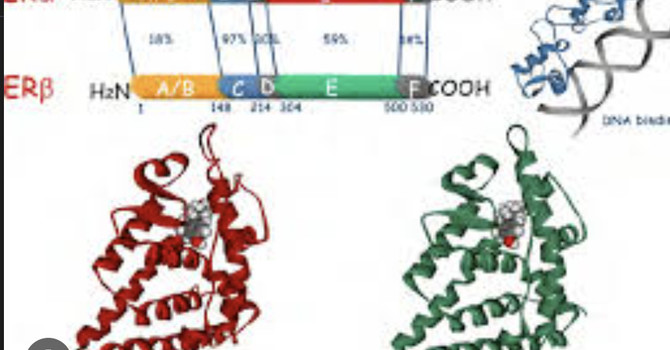Navigating Hormone Replacement Therapy (HRT) for Women with Factor V Leiden:
A Closer Look at Synthetic vs. Bioidentical Hormones

Anat Sapan, MD
February 16, 2024


Hormone Replacement Therapy (HRT) is a cornerstone in the management of perimenopause and menopause symptoms. However, the path to choosing the right HRT can be particularly intricate for women with Factor V Leiden, a genetic mutation that elevates the risk of blood clotting. This blog post delves into the implications of Factor V Leiden on HRT choices, underscores the differences between synthetic and bioidentical hormones, and reassures the safety of bioidentical hormone replacement therapy (BHRT).
Factor V Leiden is a genetic mutation that impacts the clotting mechanism of the blood, heightening the risk of clot formation. This condition necessitates careful consideration when selecting HRT, as certain types can further increase clotting risks. Historically, oral estrogen—common in some forms of HRT and birth control pills—is advised against for women with Factor V Leiden due to this risk.
Estrogen is vital for keeping blood vessels healthy, preventing them from becoming rigid, sticky, and inflamed. The decline of estrogen during perimenopause and menopause thus raises the risk of clotting and cardiovascular diseases. However, the form of estrogen in HRT significantly influences the clotting risk.
The distinction between synthetic and bioidentical hormones is pivotal in the HRT safety conversation. Synthetic hormones, which are not identical to those produced by the body, have been the norm in HRT. The inception of synthetic hormones dates back to the 1940s when synthetic forms of estrogen were identified and patented. This patentability is a crucial factor; substances naturally produced by the body cannot be patented, which spurred the development and promotion of synthetic hormones over bioidentical ones, also isolated in the 1940s. The push for synthetic hormones over their bioidentical counterparts has been largely driven by profit motives, despite the latter being chemically identical to the hormones our bodies naturally produce and offering a more natural approach to hormone replacement.
For women with Factor V Leiden, safety is the primary concern when considering HRT. Bioidentical estrogen, especially when applied transdermally, does not exhibit the same increased risk for clotting as oral estrogen. This delivery method bypasses the liver and is not associated with an elevated clotting risk, presenting a safer option for women concerned about clotting.
Transdermal bioidentical estrogen is deemed the safest form of HRT for women with Factor V Leiden. It's crucial for these women to know that this mutation doesn't automatically exclude them from benefiting from HRT. The emphasis should be on the hormone type—opting for bioidentical and transdermal forms to minimize risk.
Women with Factor V Leiden should be empowered to make informed decisions about their health, including the use of HRT. Understanding the genetic implications, the historical context behind synthetic versus bioidentical hormones, and the safety profiles of these treatments allows women to navigate their menopausal journey with confidence. Consulting with a healthcare provider knowledgeable in Factor V Leiden and HRT nuances is essential in crafting a treatment plan that alleviates menopausal symptoms while mitigating clotting risks.
In summary, the journey through perimenopause and menopause is uniquely challenging for women with Factor V Leiden, but it doesn't have to be navigated in the dark. By prioritizing safety and being informed about the types of HRT available, women can make choices that align with their health needs and personal risk profiles, ensuring a smoother transition through this natural phase of life.
Dr. Anat Sapan MD specializes in menopause care offering telemedicine services in California, Florida and Illinois. Her approach combines personalized BHRT with lifestyle strategies to help women overcome menopausal symptoms and enhance their quality of life.

Anat Sapan, MD
Contact MePhone: 510-929-4104
Fax: 510-281-0611
Email: info@doctoranat.com
Office Hours
Mon to Fri 9AM - 5PM


